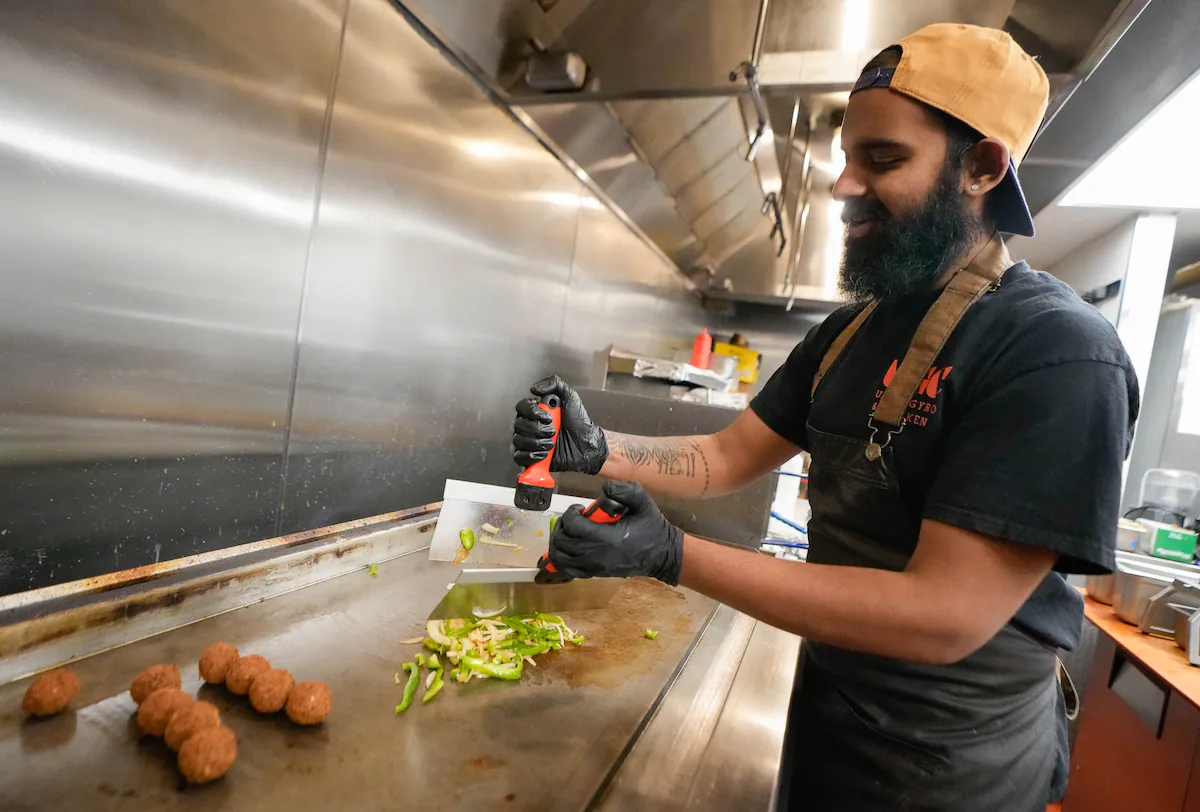Copyright Hartford Courant

About 170,000 women in the United States are living with metastatic breast cancer — or cancer that has spread to other organs — and eventually leads to death. Now, a team led in part by oncologists from the Yale cancer hospital is looking to drastically change that outcome through new clinical trials that will begin in April and are funded for six years. Dr. Eric Winer, director of Yale Cancer Center and an oncologist specializing in breasts for 35 years said he’s “totally excited” about this, one of the more innovative studies. He said the trials are looking for “best new therapies for people with metastatic breast cancer to really try to make significant headway.” “We desperately need to make progress,” Winer said, noting metastatic breast cancer is difficult to treat. “The goal is to eradicate all deaths from breast cancer.” His colleague, Dr. Ian Krop, also part of the trials said they’ve made great progress in their original treatments, but in metastatic breast cancer, it’s the DNA mutations that cause the cancer to reoccur. Krop said they’ve developed drugs that can block these mutations and can be effective and they’ve made progress in identifying the mutations. “We are trying to stay ahead of the cancers ability to develop resistance,” Krop said. “We’re trying to personalize treatment for them. Then we’re following with new treatment for mutations.” He said the trials, being done in conjunction with other institutions, will involve about 700 patients. Survival of metastatic breast cancer is longer than it used to be, but usually eventually takes a patient’s life, Krop said. Yale Cancer Center researchers at Yale School of Medicine are co-developing a clinical trial for patients that will ultimately adapt treatment plans to each patient in near real-time, according to the researchers. This “evolutionary” trial will use tumor biopsies, blood samples, high-resolution imaging, and medical records to monitor changes in a patient’s cancer and guide therapy choices as the trial progresses and as tumors change, a spokesman for Yale Cancer Center said. Winer and Krop are among the six principal investigators of the study. The research will take place across 15 institutions in the Translational Breast Cancer Research Consortium —of which YCC is a part, and is supported by an up to $28 million award from the Advanced Research Projects Agency for Health, also known as ARPA-H. “Those are your tax dollars at work,” Winer said, noting the importance of continuing such funding in medicine. He said funding is important, as well, to retain the best minds, as if researches leave to go to other places, it could create a “brain drain.” Winer called the upcoming trials “bold and creative.” Krop said cancer is by no means always inherited, but it is genetic. “So the genetic material changes to make it a cancer. They will be asking, ‘What causes the cancer cell to develop and spread?” Krop said. “The beneficiaries are people who will have cancer in the future.” The University of North Carolina Lineberger Comprehensive Cancer Center will serve as the lead institution for the collaboration with Dr. Lisa Carey as the study’s lead investigator. Charles Perou, PhD, and Naim Rashid, PhD, of UNC Lineberger and Dr. Antonio Wolff, of Johns Hopkins Kimmel Comprehensive Cancer Center are principal investigators as well. “This is the time to extend the breast cancer research of the consortium, leveraging its collaborative network of physicians and physician-scientists,” said Winer, who is also physician-in-chief of Smilow Cancer Hospital, and Alfred Gilman Professor of Pharmacology at the medical school. “The TBCRC is uniquely positioned to enroll a diverse patient population to collect and analyze biospecimens to develop and optimize new treatments,” he said. “We will also create a rich database and biorepository to help answer future clinical questions.” “We are trying to stay ahead of the cancer’s ability to develop resistance, ” Krop said.



